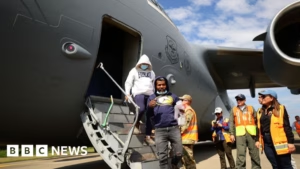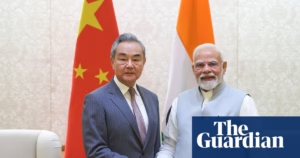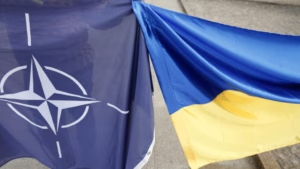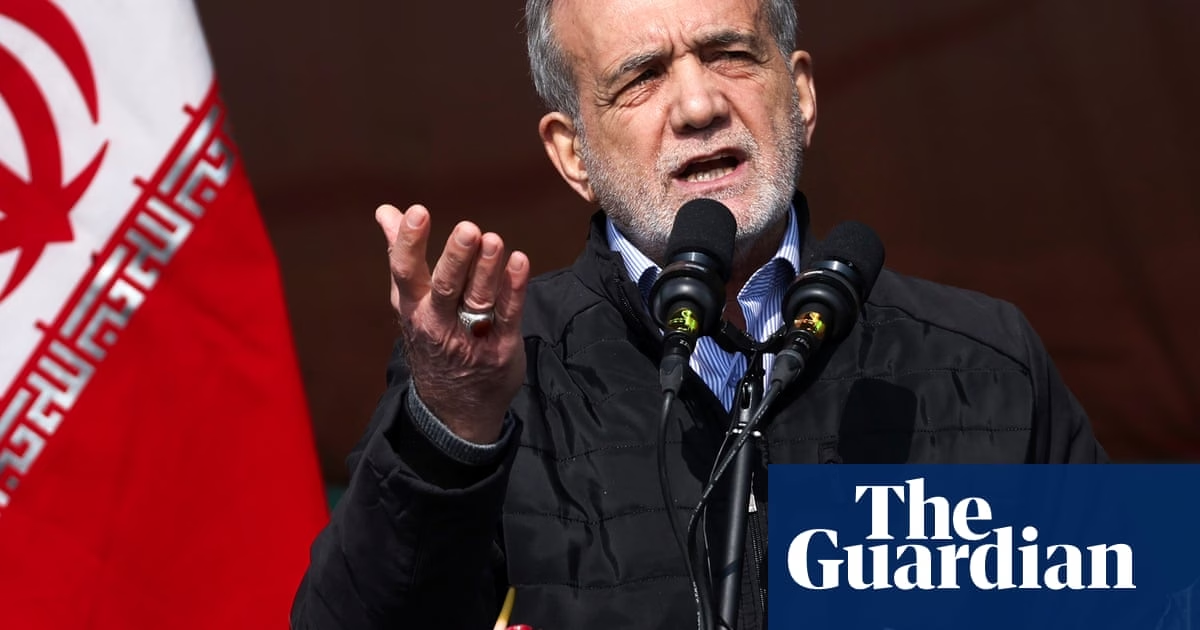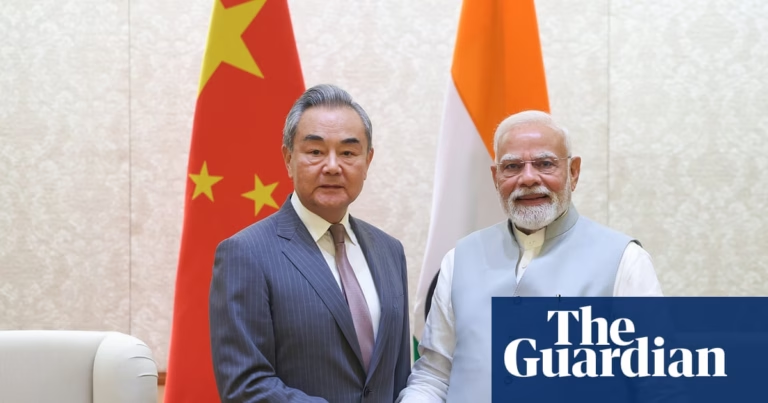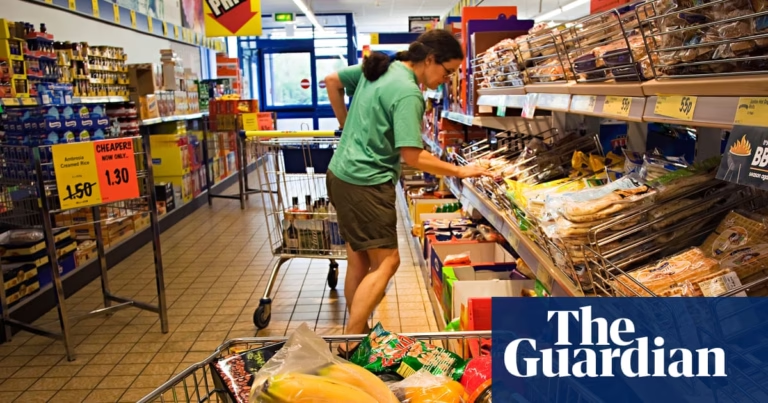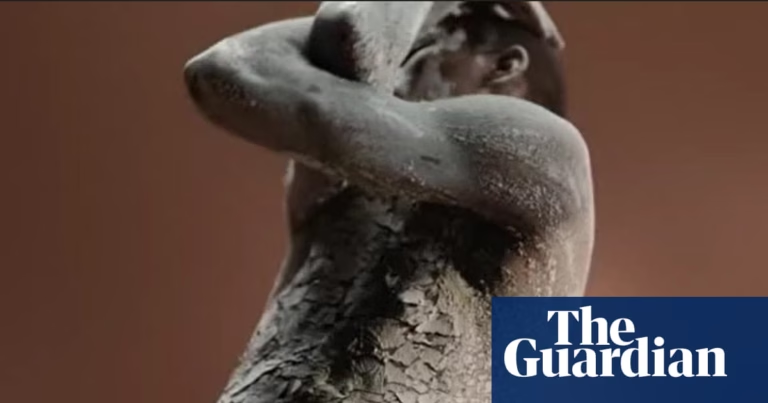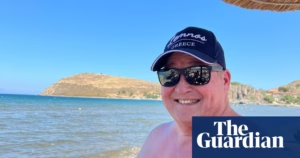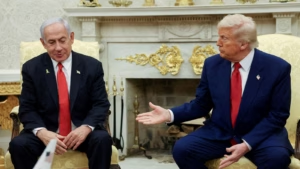Trust within Iran’s UN nuclear inspectorate is fractured, with President Masoud Pezeshkian expressing this sentiment to Emmanuel Macron, while European nations defend the head of the inspecting group. This comes as the conflict death toll in Iran, including Israeli and US strikes over 12 days, has reached 935, with 38 children and 132 women among the deceased.
Pezeshkian criticized the International Atomic Energy Agency (IAEA) director general, Rafael Grossi, for not condemning the Israeli and US attacks, citing violations of the UN Charter and the nuclear non-proliferation treaty. His remarks were more tempered compared to others in Iran, where a conservative newspaper, Kayhan, suggested Grossi should face trial and possibly death for alleged ties to Israel’s Mossad.
In support of Grossi, France, Germany, and the UK issued a joint statement condemning threats against him and reaffirmed their full backing for the IAEA’s mission. They urged Iran to resume cooperation with the agency and ensure the security of IAEA personnel.
The Western stance is seen in Iran as hypocritical, leading to a strong sense of resentment and a reluctance to allow the IAEA to independently assess the damage to their nuclear facilities. According to Pezeshkian, there is skepticism about the safety of their facilities even with cooperation, questioning why Israel, not a member of the NPT, is cited as a source in IAEA reports.
Indirect talks between Iran and the US, reportedly mediated by Oman, have not been confirmed by Iran’s deputy foreign minister, Majid Takht-Ravanchi. Meanwhile, there is a proposal from the US special envoy suggesting that Iran could enrich uranium under severe constraints on the island of Kish.
Experts like Nicholas Hopton, a former UK ambassador to Iran, note the significant damage to the Iranian regime but question whether Israel’s goals, such as regime change, have been achieved. Ali Ansari, a professor of Iranian history, suggests that while nationalist solidarity in Iran may fade, there are real concerns about the Islamic Republic’s ability to protect its people, indicating internal discussions about the failure of their defenses and the infiltration of security forces.
Please note that the URL links and figure elements could not be replicated here, but the text reflects the provided content accurately.
Source: https://www.theguardian.com/world/2025/jun/30/trust-un-nuclear-watchdog-broken-iran-president-iaea
